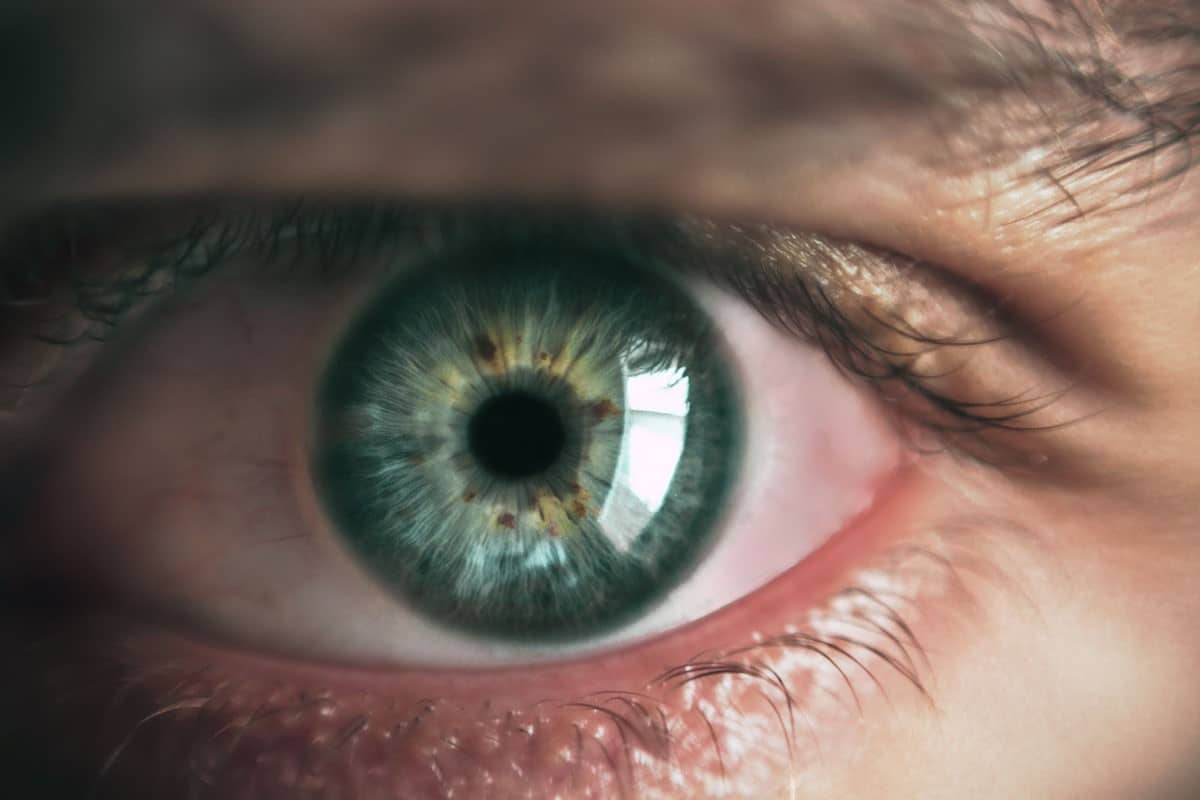Redness, watery eyes, and blurred vision are some of the signs of the most common types of eye infections. Your local Michigan eye doctor can identify your condition and determine its severity, but following is some basic information about common eye infections and other ailments, as well as how you can prevent them.
Table of Contents
Common Types of Eye Infections and Ailments
-
Pink Eye
Conjunctivitis, better known as Pink Eye, can affect people of any age and can be contagious. It is an inflammation of the membranes in the white parts of the eye, caused as a reaction to allergens and other toxins. It is usually temporary and easily treatable.
-
Staph and Strep
Staphylococcus is a bacteria that can lead to infections on many areas of your body. Symptoms include abscesses, pain, swelling, and redness. Streptococcus, the same bacteria that causes strep throat, also is among the most common types of eye infections. Both are caused when bacteria or viruses enter the cornea.
-
Stye
A stye is a small bump on your eyelid or around the lining of your eye. It is the result of irritation around the affected area.
-
Corneal Ulcer
A corneal ulcer is an open sore on the cornea, a more serious condition that could lead to blurred vision or blindness.
-
Blepharitis
Blepharitis is inflammation of the eyelids causes by an overgrowth of bacteria. Its most common symptoms include itchy and watery eyes.
-
Herpes Simplex Virus and Shingles
Herpes simplex, the cause of cold sores, and herpes zoster, which causes chickenpox or shingles, can affect the eyes as well. They are not considered sexually transmitted diseases, and they are dormant in most people’s bodies beginning in childhood.
How to Prevent Eye Infections and Irritation
For Everyone
- Wash your hands often.
- Avoid touching your eyes.
- Wash your face daily with gentle soap and water.
- Avoid soaps, lotions, and makeup with harsh chemicals.
- Do not share eye makeup, or avoid using eye makeup altogether.
- Do not share towels or rub towels on your eyes.
- Wash your pillowcases, sheets, and blankets regularly.
- Wear protective glasses or sunglasses around chemicals or dust, as appropriate.
For Contact Lens Users
- Do not sleep, swim, or shower in your contacts.
- Thoroughly clean your contacts, change them, and store them as recommended
- Do not share contacts with another person.

See Your Local Eye Doctor
If you are experiencing symptoms, ask a local eye doctor for more detailed specifics regarding these common types of eye infections. Until you can see the doctor, consider avoiding contact lens use, and take precautions to prevent spreading infection onto others.
For more information or to schedule an appointment to see one of our eye doctors in Flint, Fenton, Grand Blanc, Lapeer, or Lake Orion, visit our website or call one of our offices.
Comments are closed.



